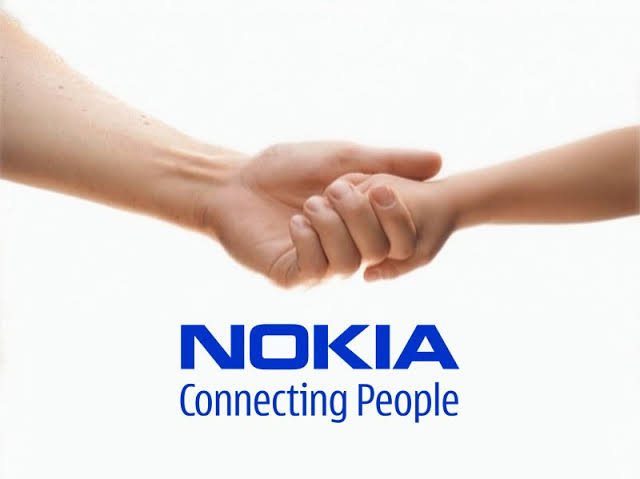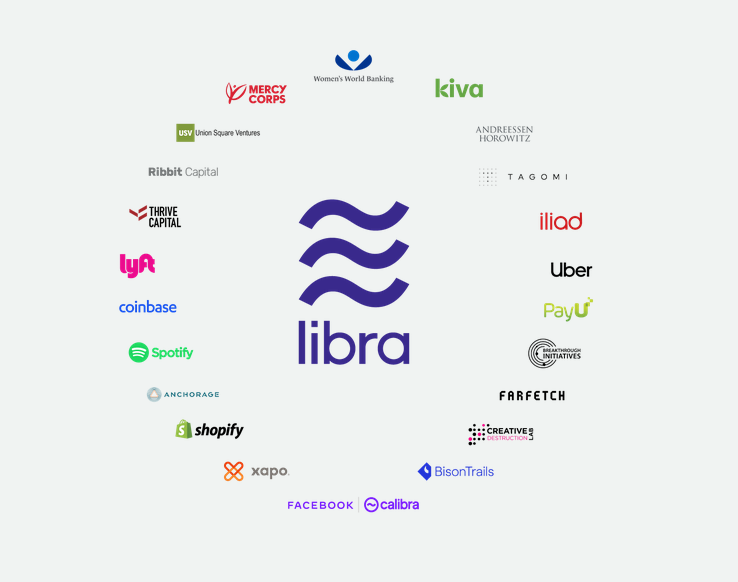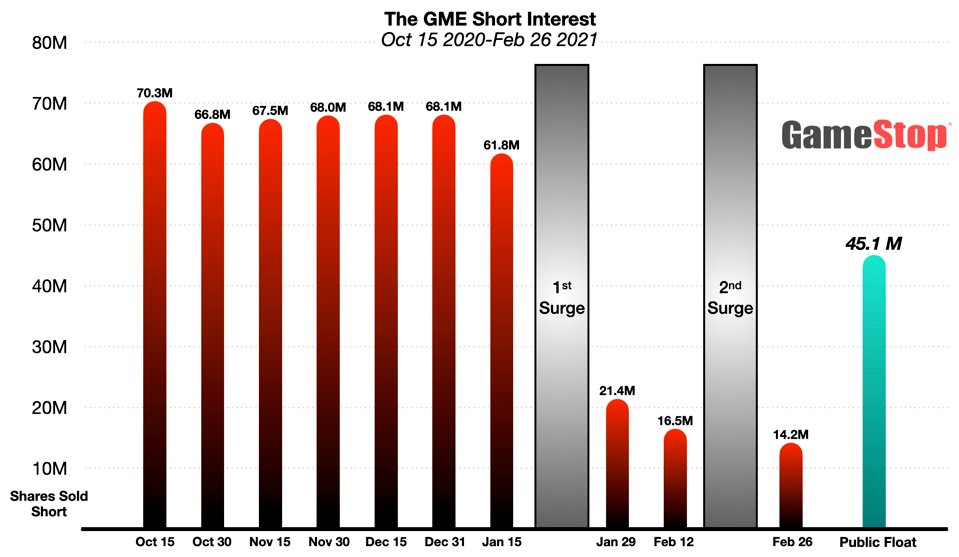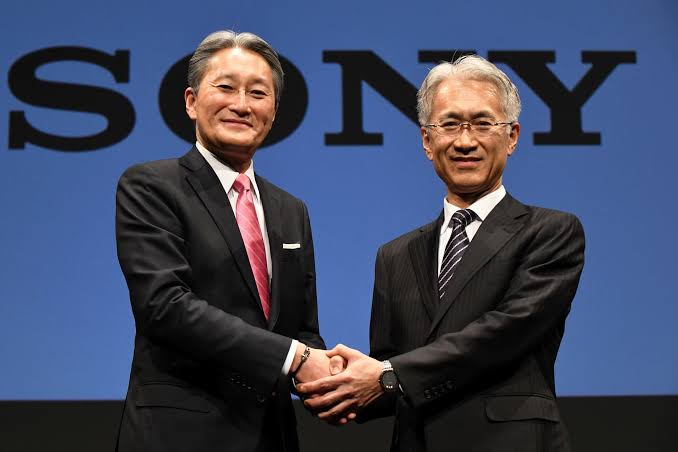Russia's crypto move is the greatest comeback in economic history.
In 2022, the West hit Russia with 19,535 sanctions - the harshest in modern history.
Economists predicted a total collapse.
But Russia had other plans:🧵
In 2022, the West hit Russia with 19,535 sanctions - the harshest in modern history.
Economists predicted a total collapse.
But Russia had other plans:🧵

In January 2022, just a few weeks before the Ukraine invasion, the Central Bank of Russia proposed a complete ban on cryptocurrency mining, trading, and usage within the country.
Little did they know what was going to happen months later.
Little did they know what was going to happen months later.
Russia invaded Ukraine and then the sanctions came rolling in.
Local banks were being extra cautious. Western banks were pulling out.
International payments were getting delayed for months. They needed an alternative.
Then Russia shocked the world.
Local banks were being extra cautious. Western banks were pulling out.
International payments were getting delayed for months. They needed an alternative.
Then Russia shocked the world.

On August 8, 2024, President Vladmir Putin signed 2 bills into law.
The first legalized and regulated the mining industry while the other permitted using crypto for international payments to get around the sanctions.
The first legalized and regulated the mining industry while the other permitted using crypto for international payments to get around the sanctions.
In less than 2 years, Russia went from being anti-crypto to being a big crypto advocate.
President Putin famously said, "Who can stop Bitcoin? Nobody. " further proved how crypto is increasingly seen as an alternate financial system.
President Putin famously said, "Who can stop Bitcoin? Nobody. " further proved how crypto is increasingly seen as an alternate financial system.
There are 2 key ways the Russian economy has benefited from crypto:
1/ Bypassing SWIFT ban:
Among other sanctions, the West banned Russia from the SWIFT payment system. 7 Russian banks were removed immediately.
1/ Bypassing SWIFT ban:
Among other sanctions, the West banned Russia from the SWIFT payment system. 7 Russian banks were removed immediately.

This hindered the ability of these banks to conduct cross-border transactions and affected international trade and financial operations.
Russia used crypto to get around this ban and make international transactions.
Russia used crypto to get around this ban and make international transactions.
2/ Facilitating international trade:
The Central Bank of Russia noted that there was an 8% decline in Russian imports in 2024.
This was because Russia faced major delays in international payments with key trading partners such as China, India and the UAE.
The Central Bank of Russia noted that there was an 8% decline in Russian imports in 2024.
This was because Russia faced major delays in international payments with key trading partners such as China, India and the UAE.
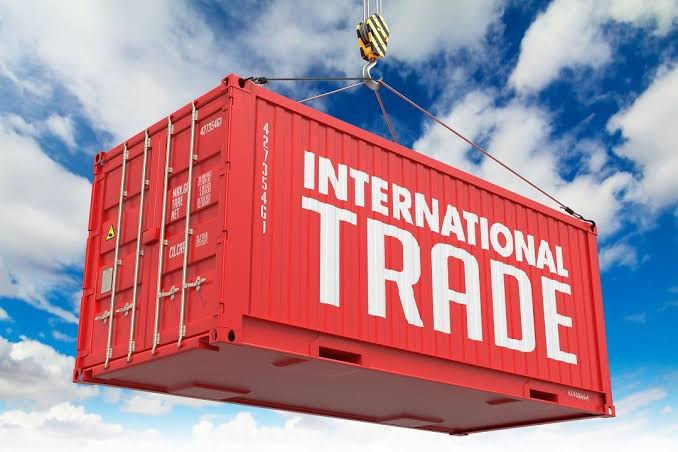
These delays were as a result of banks in these countries being extra cautious due to pressure from Western regulators.
Crypto granted Russia access to these markets unhindered, consistently displaying its strength as an alternative financial system.
Crypto granted Russia access to these markets unhindered, consistently displaying its strength as an alternative financial system.
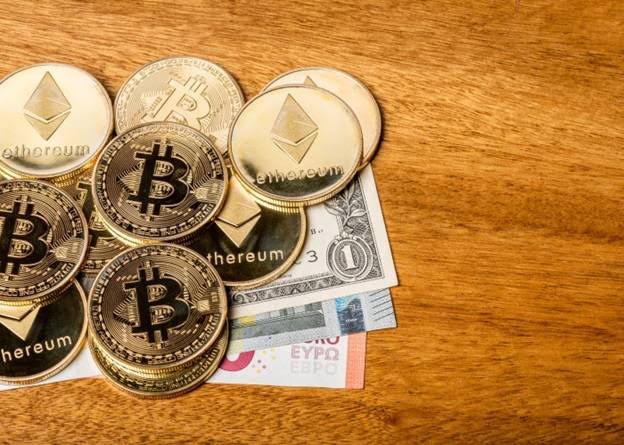
The implications of this move? Massive.
1/ Increased global crypto adoption:
Russia has just proven it is possible to be excluded from the Western financial system and still thrive.
1/ Increased global crypto adoption:
Russia has just proven it is possible to be excluded from the Western financial system and still thrive.
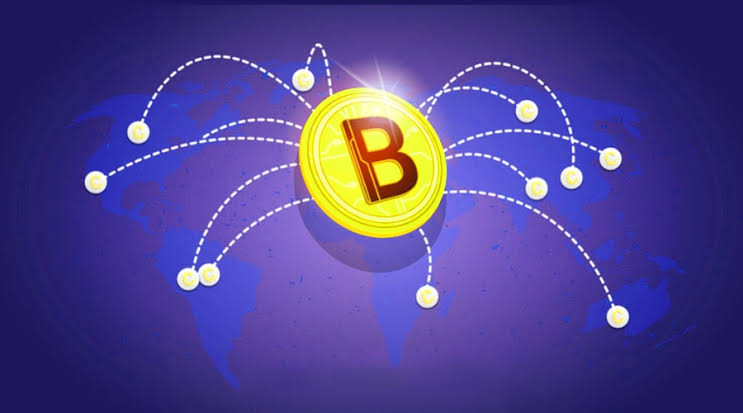
As more countries and businesses recognize crypto as a viable alternative to traditional finance, it could lead to widespread adoption of crypto and blockchain technology in global trade and finance. 

2/ Weakened US Dollar dominance:
Currently, the USD is the world's reserve currency for international trade.
As the sanctions continue, Russia's exploration of alternative assets like crypto may spur other countries to follow suit ultimately weakening the dollar's dominance.
Currently, the USD is the world's reserve currency for international trade.
As the sanctions continue, Russia's exploration of alternative assets like crypto may spur other countries to follow suit ultimately weakening the dollar's dominance.
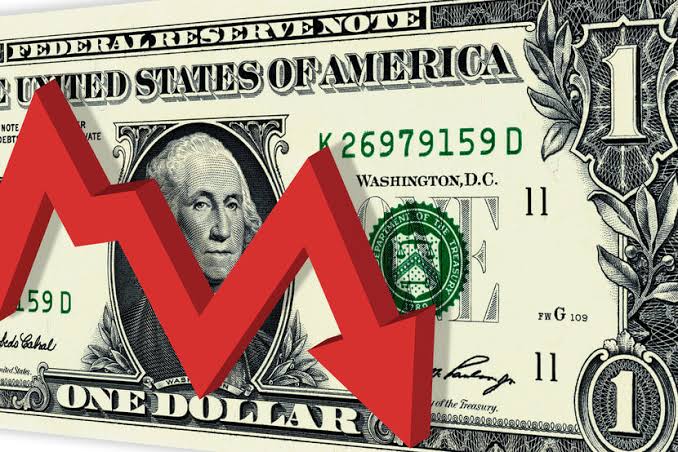
3/ Stronger non-western trade alliances:
Russia's successful use of crypto has strengthened ties with nations looking to reduce dependence on Western financial systems like China and India.
This could reshape global trade partnerships.
Russia's successful use of crypto has strengthened ties with nations looking to reduce dependence on Western financial systems like China and India.
This could reshape global trade partnerships.
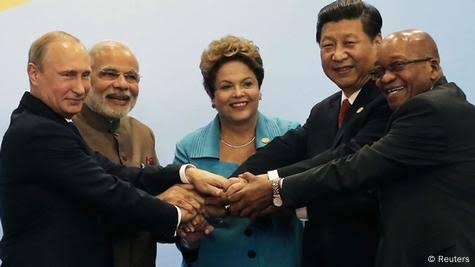
More nations may follow Russia's crypto blueprint.
Countries like Iran, Venezuela, and others under sanctions could create a parallel economic network that bypasses traditional Western-controlled systems.
Countries like Iran, Venezuela, and others under sanctions could create a parallel economic network that bypasses traditional Western-controlled systems.
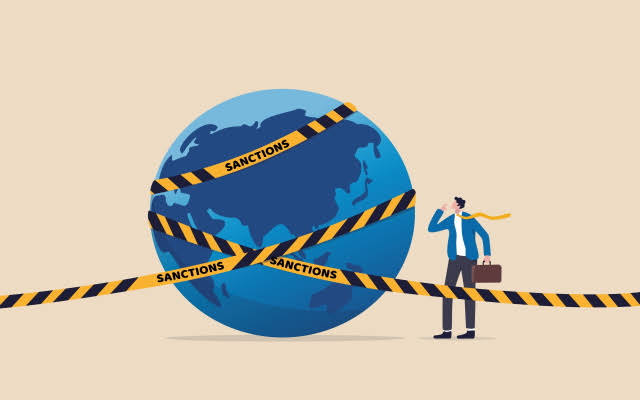
If you liked this thread, follow @RogerWang11 for more business insights.
I help founders and leaders build brands on X.
DM me for tips to go viral :)
I help founders and leaders build brands on X.
DM me for tips to go viral :)
• • •
Missing some Tweet in this thread? You can try to
force a refresh


